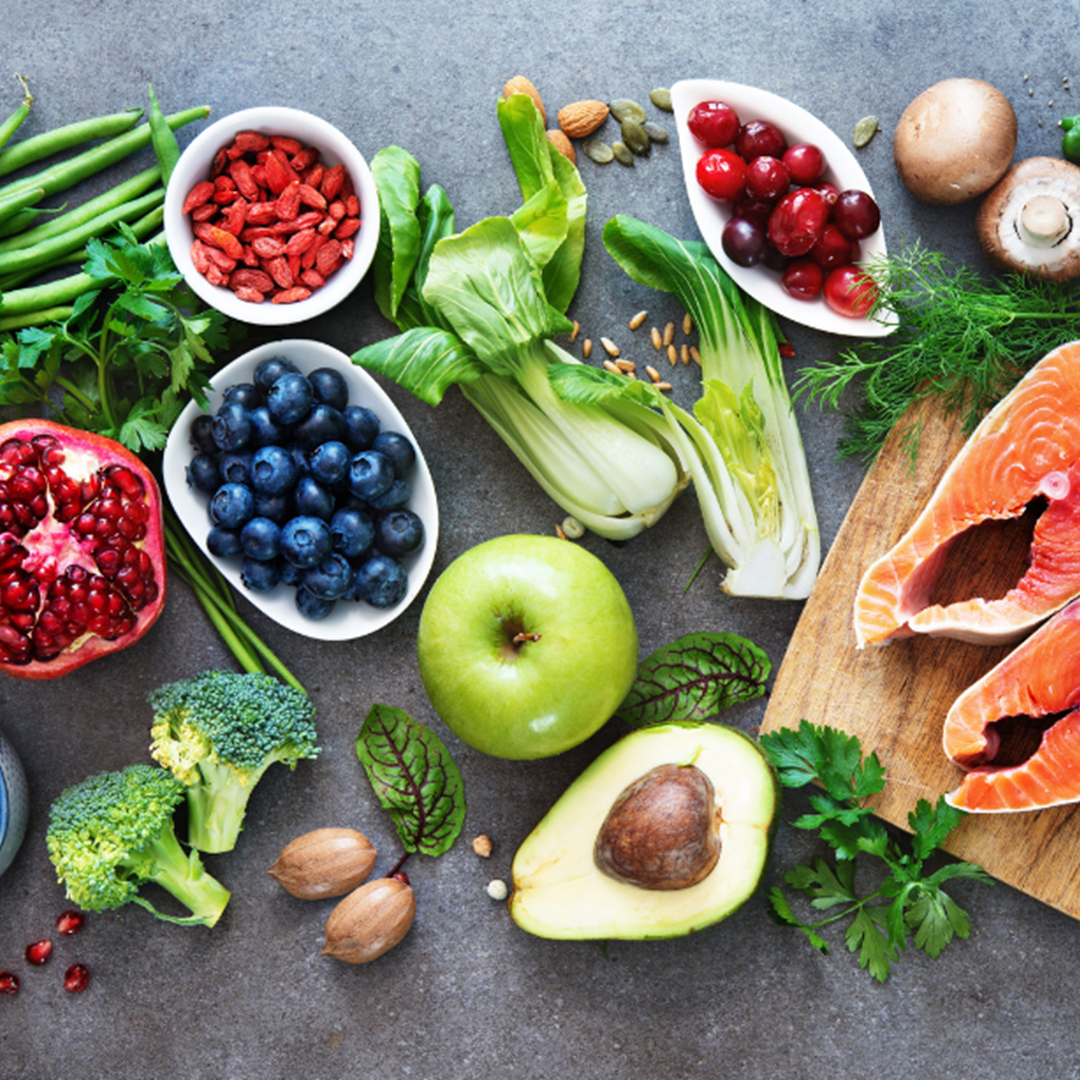Molecular agriculture, AI to improve the field, precision fermentation...
The trends and advances that we could see at ftalks Food Summit 2023 have revolved around two aspects that are already essential for the current agri-food sector: regeneration, which goes beyond sustainability, and human health. Thanks to technologies such as molecular agriculture; genome sequencing; or techniques for decarbonization and waste revaluation, we will be able to face the challenges that arise.
More than 100 global figures in the foodtech field have discussed at ftalks23 about the main challenges of the current food system, reflected in four main thematic axes: Resilient and Regenerative Food System, Future Market Trends, New Proteins and Innovation in Retail and Gastronomy.

As part of ftalks23, we were able to meet Henk Hoogenkamp, CEO and co-founder of Moolec Science, an Argentinian startup that has managed to produce pork proteins from the genetic modification of soybeans and that has become the first biotechnology company based on cellular agriculture to be listed on the Nasdaq index. In addition, it has recently announced that it has received 30 million dollars in investment.
“Molecular agriculture challenges the core of traditional agriculture. We can modify vegetables to ensure that they adapt to our current production capacities, so we also need to ensure that the technologies we develop work with the current infrastructures of the sector.” Hoogenkamp recalled in ftalks that “molecular agriculture is not just a product, but a vision”, stressing that it is not just about the ability to create proteins and fats from vegetables, but that what is important is how efficient these techniques can be so that they can transform the way in which we are feeding the world.
Big brands embrace food regeneration
The role of leading companies in the food industry in regenerating the environment has made its way into the last edition of the event, with the voices of Miranda Gorman, Head of Climate Solutions & Science at Planet FWD; Dorothy Shaver, Global Nutrition Sustainability Lead of Unilever; Laia Mas, Corporate Affairs & Sustainability Director of DANONE IBERIA; and Danny Rubenstein. Strategic Advisor & Leadership Team Member of MIXED.

“We are applying regenerative principles throughout our supply chain. Through regenerative agriculture, we have significantly reduced greenhouse gas and methane emissions in many of our brands. We need conventional agriculture to become increasingly regenerative and we need to be able to generate value for the agents involved. such as producers, to encourage change,” said Dorothy Shaver.
The Artificial Intelligence that farmers are already using
The relationship between the technology sector and agriculture has been another space for conversation and debate generated at ftalks Food Summit, where experts such as Ernst van Bruggen, co-founder of the startup agritech Source.ag, wanted to demystify the inaccessibility of Artificial Intelligence for farmers, presenting it as the inevitable future for a sector increasingly pressured by high demand for food.
“There has been a lot of talk about Artificial Intelligence as an almost mystical term, but now the agricultural industry is reacting and adopting its use”, due to the increase in production scale and the complexity that this entails. For van Bruggen, solutions such as those proposed by Source.ag are making it possible to “give the farmer the opportunity to compare different cultivation scenarios and predict the best solution. Artificial Intelligence will not replace farmers, but will empower them and help them increase production”.
Precision fermentation in plant-based developments.
The field of precision fermentation has also had an important place in the fifth edition of ftalks Food Summit, with the participation of representatives of companies such as Dacsa Group and the startups Sophie's BioNutrients and Bosque Foods.
Thanks to this ancient technology (which has been applied to the production of wines and cheeses throughout history), these companies are able to transform vegetables and fungi into products that resemble meat, fish, eggs and cheese. “In an environment with high price volatility and supply chain disruptions, solutions of this type can bring stability to the sector”, said Beatriz Jacoste. Participating startups have highlighted the need for investment to scale their production, as well as the lack of regulatory agility.
Cultivated meat: scale, market and regulation
This topic has been reflected with the participation of some of the main figures who are leading this sector, Didier Toubia, CEO of Aleph Farms, Giuseppe Scionti, founder and CEO of NovaMeat, or Íñigo Charola, co-founder and CEO of Biotech Foods, a company that will open the first cultured meat factory in Spain in 2024.

Iñigo said that many of the current challenges surrounding cultured meat “have to do with the price and scalability of this product”, while sending a message of some optimism about its acceptance by consumers: “Many studies show that, especially the new generations, will accept this transition. There is still a lot to do, and the main thing will be transparency, to inform consumers well.” However, Charola has also focused on the need to provide the cultured meat industry with clear regulatory frameworks in an agile way: “After all, the regulatory framework of the different countries does not have such different intentions: they seek to ensure that what we eat is safe, so the more knowledge they have, the easier it will be for them to make the decision”.
Other trends highlighted in ftalks have been the sustainable packaging created from biomaterials, technology to reduce food waste such as Ryp Labs, Oscillum or Mimica or the creation of products that have functional properties and can help us live a better life.








